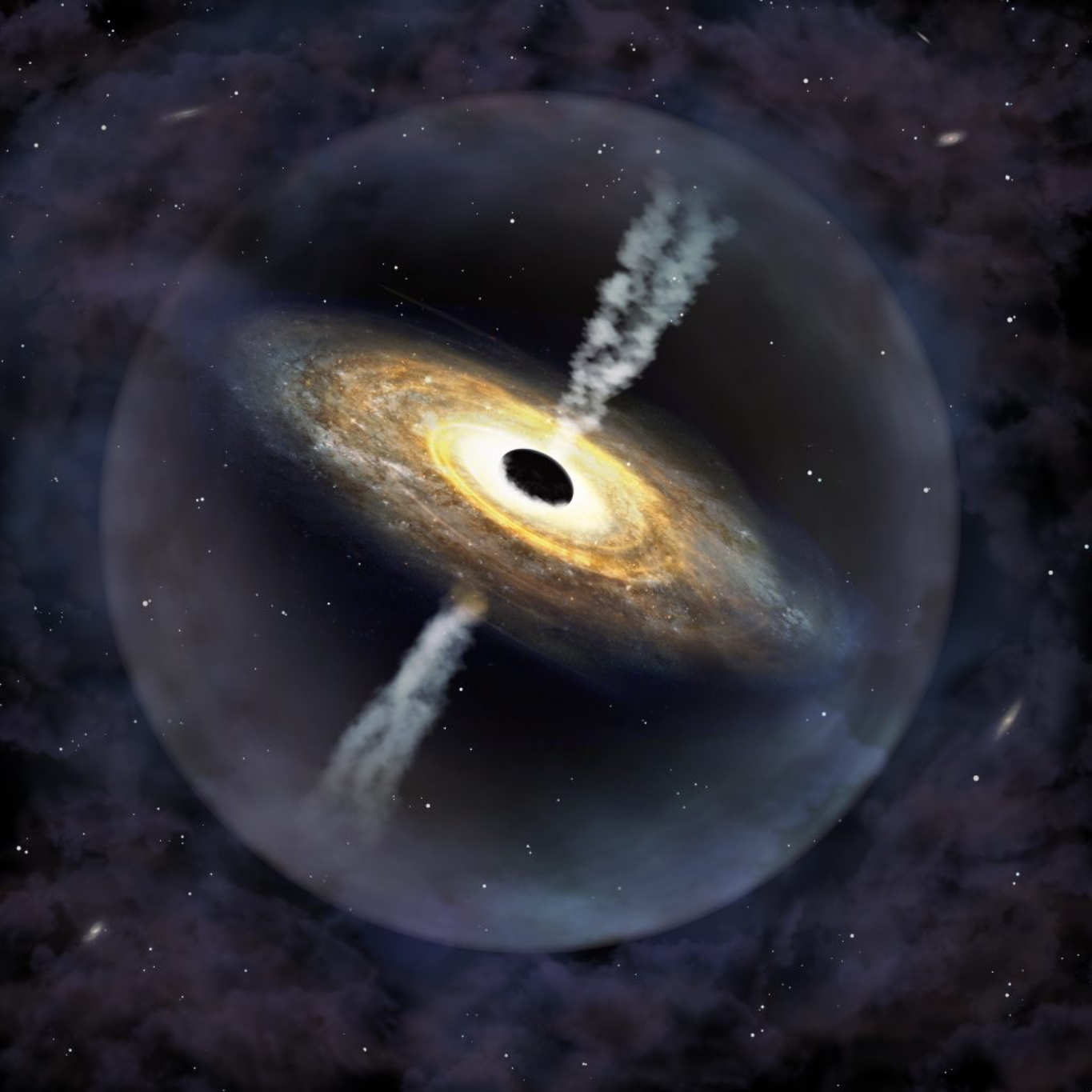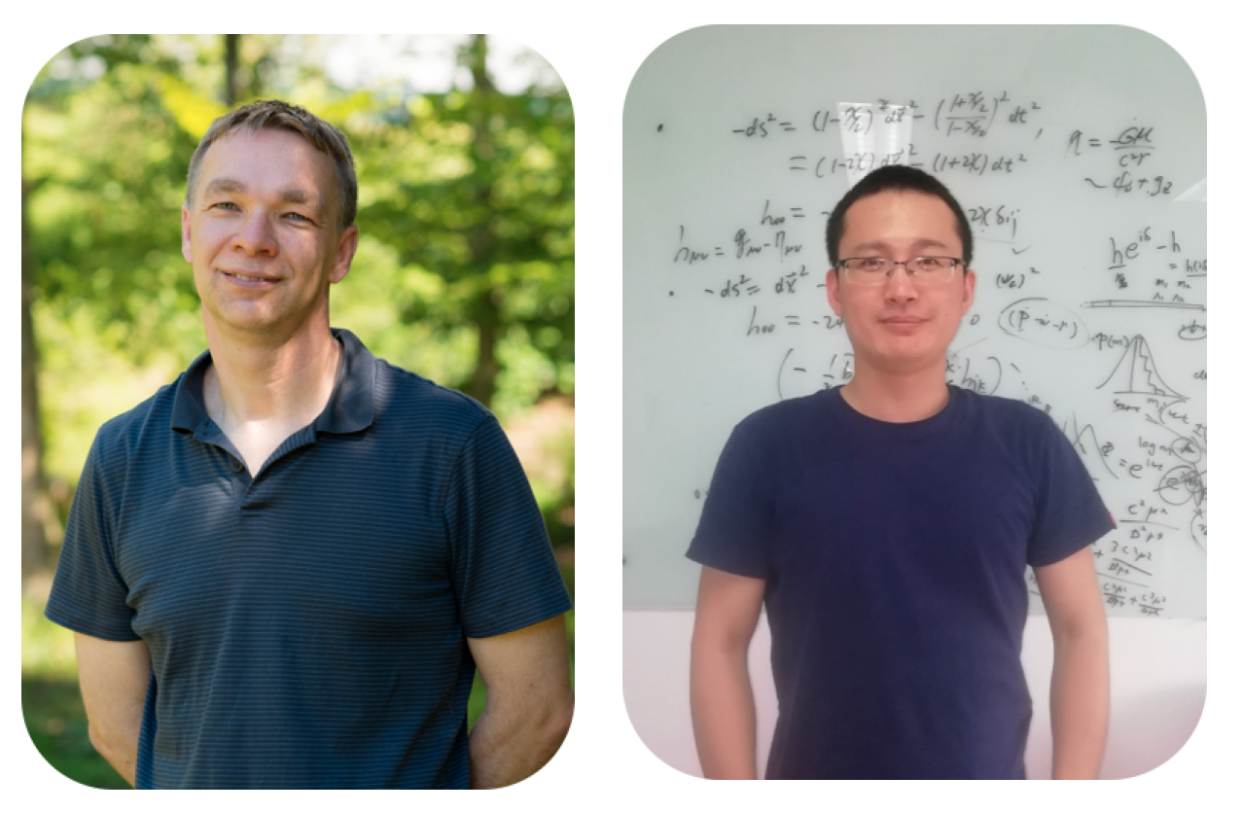|
Fri, 2020-11-27 KIAA postdoc Hassen Yesuf won a PKU Outstanding Postdoc Award while postdoc Rui Xu won a second 2-year PKU Boya Fellowship.
|
 |
|
Thu, 2020-11-26 Dr.Xu received her PhD from the Department of Astronomy at Peking University in 2017. She was awarded her first Hubble Fellowship to work at University of Wisconsin-Madison with Prof. Alex Lazarian.
|
 |
|
Tue, 2020-11-24 On November 21, 2020, the opening ceremony of Chinese Space Station Telescope Peking University Science Center (CSST PKU Center) was held at the Yingjie Exchange Center of Peking University.
|
 |
|
Fri, 2020-11-06 On October 29th and November 4th, 2020, the research journal “Nature” published two articles on FRBs using FAST: 1) “Diverse polarization angle swings from a repeating fast radio burst source” and 2) “No pulsed radio emission during a bursting phase of a
|
 |
|
Wed, 2020-10-28 A recent study revealed the actual evolutionary stage of lithium-rich stars by the Chinese astronomers is published in the Nature Astronomy on Oct.5. Yutao Zhou, the LAMOST Fellow from the department of astronomy at PKU, is involved in this study as the co-fir
|
 |
|
Fri, 2020-09-25 On September 25, the winners of the 2020 "XPLORER PRIZE" are announced. Subo Dong, an Associate Professor at KIAA is listed among the 50 awardees this year.
|
 |
|
Thu, 2020-09-24 Astronomers have found that the key to understanding galaxies with "extreme" sizes, either small or large, may lie in their surroundings. In two related studies, an international team found that galaxies that are either "ultra-compact" or "ultra-diffuse" relat
|
 |
|
Thu, 2020-08-06 "This new study is a great example of how flexibility in observation scheduling allows NASA and ESA missions to study objects that evolve relatively quickly and look for longer-term changes in their average behavior," said Michael Loewenstein, a coauthor of th
|
 |
|
Sat, 2020-06-27 Astronomers have discovered the second most distant quasar ever found, using the international Gemini Observatory and Cerro Tololo Inter-American Observatory (CTIO), Programs of NSF’s NOIRLab. It is also the first quasar to receive an indigenous Hawaiian name
|
 |
|
Thu, 2020-06-18 In June 2020, a new Max Planck Partner Group is established, headed by Prof. Lijing Shao at KIAA.
|
 |










